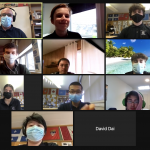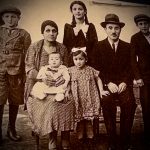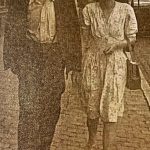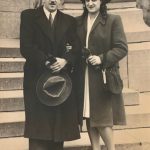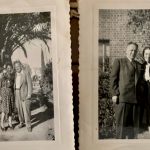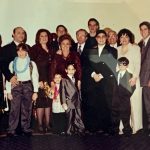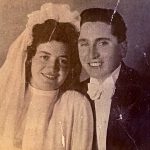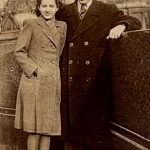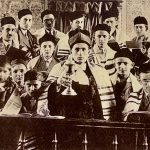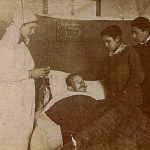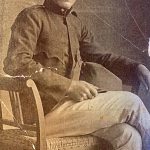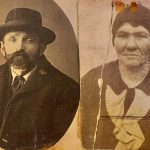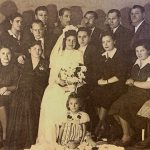Margaret Newman (nee Kaufman) was born March 29, 1923 in Satu Mare, Romania. She was the second child in a family of eight children, and as the eldest daughter it was her job to maintain a respectable and observant household. When Satu Mare and the surrounding region were annexed by Hungary, life became more complicated for Margaret’s family, as anti-Semitism became much more open and systemic. The 1944 direct occupation by Nazi Germany meant that the situation would deteriorate even further. The family was forced into the Satu Mare ghetto, where they spent two terrible weeks before they were put on the trains and deported to Auschwitz-Birkenau. On arrival Margaret was separated from her family, and she saw them taken away; later she would understand the brutal reality of what had happened. Margaret was selected for work, and she experienced the traumatic induction into the system at Birkenau as she was shaved, tattooed and forced into the barracks. She became a forced labourer at the nearby Krupp factory at this time, and that’s where she stayed until the end of the war, when she was liberated by American troops at Waldenburg. She returned home, discovering that her whole family – except her brother – had been murdered. Her boyfriend returned a few months later, and they married and decided to leave; they headed west, staying in Belgium for a time, before eventually making their way to Canada, where they settled in Montreal. Margaret became a volunteer at the Montreal Holocaust Museum, and it was through their and her daughter Beatrice’s efforts that we were able to do this zoom interview in the pandemic winter of March 2021.
Videos
Click next video below to keep watching
